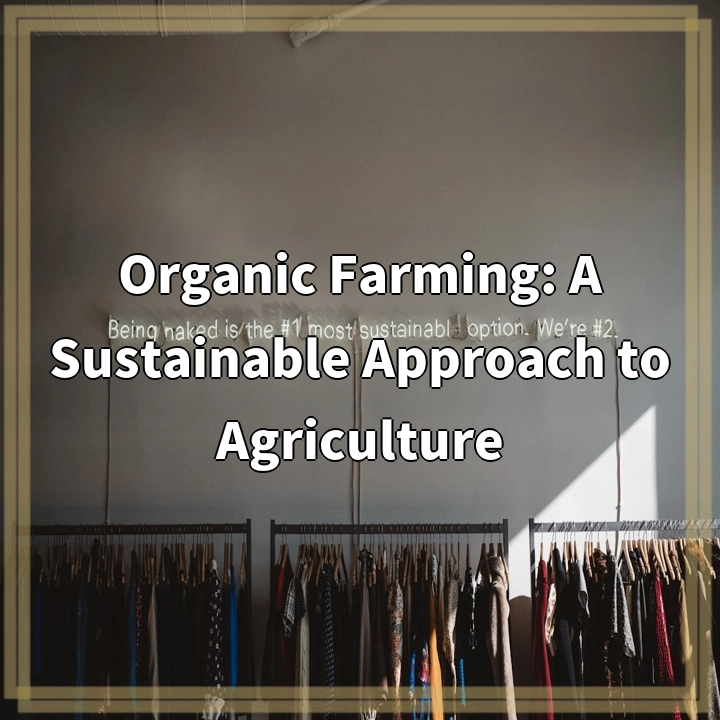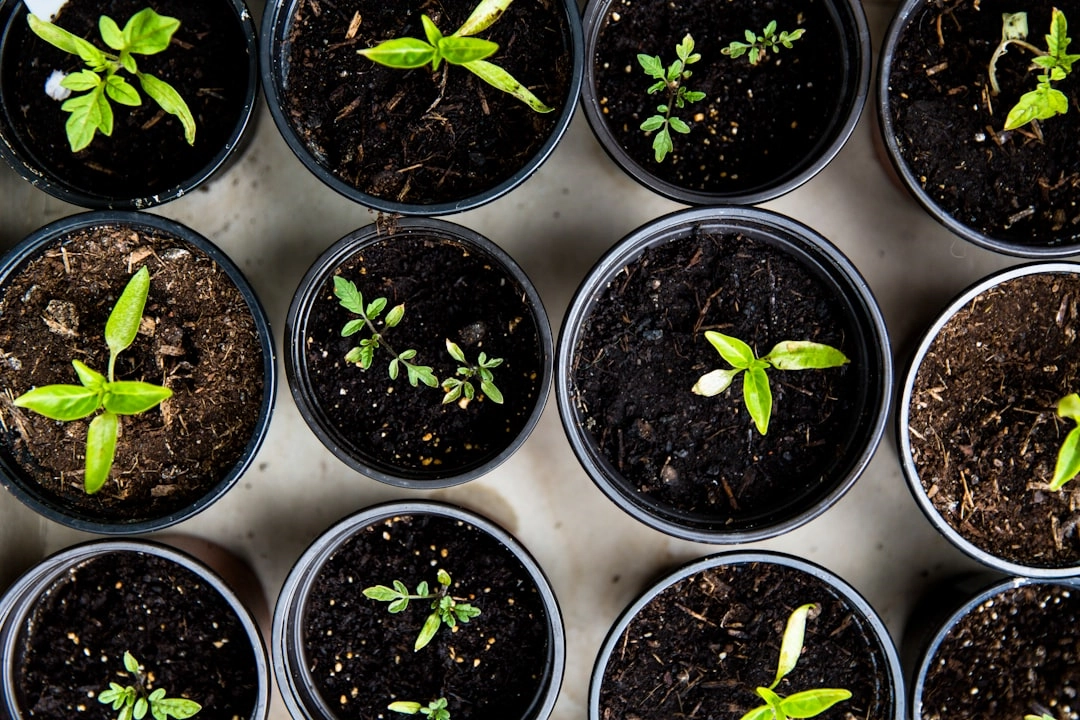
What it is:
Organic farming is an eco-friendly agricultural practice that emphasizes the use of natural processes and materials to grow crops and raise livestock. This method avoids synthetic fertilizers, pesticides, genetically modified organisms (GMOs), and other artificial chemicals, focusing instead on sustainable practices that promote soil health, biodiversity, and environmental stewardship. Organic farming relies on techniques such as crop rotation, composting, biological pest control, and the use of organic fertilizers to maintain the ecosystem’s balance.
Benefits of Organic Farming
Organic farming not only benefits the environment by reducing chemical runoff and pollution, but it also enhances soil fertility, improves water retention, and supports wildlife habitats. Additionally, organic produce often has a higher nutritional value and is perceived as healthier by consumers, leading to increasing demand in the market.
Real-world Problems
Despite its many benefits, organic farming faces several challenges in the real world. One significant issue is the yield gap compared to conventional farming. Organic farms typically produce lower yields, especially in the initial years as the soil adjusts to organic methods. This yield disparity can make organic produce more expensive, which may not be feasible for all consumers.
Market and Economic Challenges
The organic market can be volatile, with fluctuating prices that affect farmers’ income stability. Organic farmers often face higher production costs due to more labor-intensive practices and the need for organic certification, which can be time-consuming and costly. Furthermore, limited access to organic seeds and resources can hinder scalability and expansion for many small-scale farmers.
Environmental and Climate Concerns
While organic farming promotes environmental sustainability, it is not a panacea. The increased demand for organic products can lead to land-use changes such as deforestation and habitat loss as more land is converted for organic farming. Additionally, organic practices must adapt to climate change impacts, such as altered rainfall patterns and extreme weather events, which can influence crop viability and yield.
Pest and Disease Management
Organic producers face unique challenges related to pest and disease management, as they cannot use synthetic pesticides. This limitation can result in crop losses and increased reliance on manual or mechanical interventions, which may not always be effective. As pests evolve resistance to organic pest control methods, farmers must continually innovate and adjust their management strategies.
Final Thoughts
Organic farming represents a vital step toward sustainable agriculture, but it is essential to address the associated challenges. By supporting research, investing in education, and fostering collaboration within the agricultural community, we can work towards overcoming these obstacles, allowing organic farming to thrive and benefit both consumers and the environment alike.

Solutions for Organic Farming Challenges
Addressing the challenges faced by organic farming is crucial for its sustainability and effectiveness. Several solutions can be implemented to improve yields, economic viability, and environmentally friendly practices.
Enhancing Research and Innovation
Investing in research and development is vital for finding effective organic farming techniques. Innovative practices, such as integrated pest management (IPM) and agroecology, can help organic farmers manage pests and diseases more efficiently while maintaining soil health. By promoting research into organic seed varieties that yield higher outputs, farmers can increase productivity in an environmentally responsible manner.
Support for Farmers
Providing resources and support is essential for organic farmers to navigate the certification process and maintain economic stability. Financial assistance, subsidies, and grants can help farmers offset the costs associated with organic practices. Furthermore, encouraging local cooperative networks can facilitate knowledge sharing and collective purchasing of organic inputs, thereby reducing costs and enhancing farmers’ resilience.
Consumer Awareness and Market Development
Raising consumer awareness about the benefits of organic farming can help boost demand and justify higher prices. Educating the public about sustainable agriculture and its long-term advantages for health and the environment can encourage consumers to prioritize organic products. Additionally, developing local markets and connecting organic farmers with consumers can increase their income and reduce transportation emissions.
Adaptive Agricultural Practices
In light of climate change, organic farmers must adopt adaptive practices that account for weather variability. Crop diversification, resilient cropping systems, and better water management techniques can protect against crop failure and build a more resilient agricultural system. Training and educational programs can equip farmers with the skills necessary to adapt their strategies to changing environmental conditions.
Commitment to Sustainable Solutions
By combining research, farmer support, consumer education, and adaptive practices, the challenges facing organic farming can be effectively addressed. Embracing these solutions is essential for fostering a sustainable agricultural system that benefits both people and the planet.















